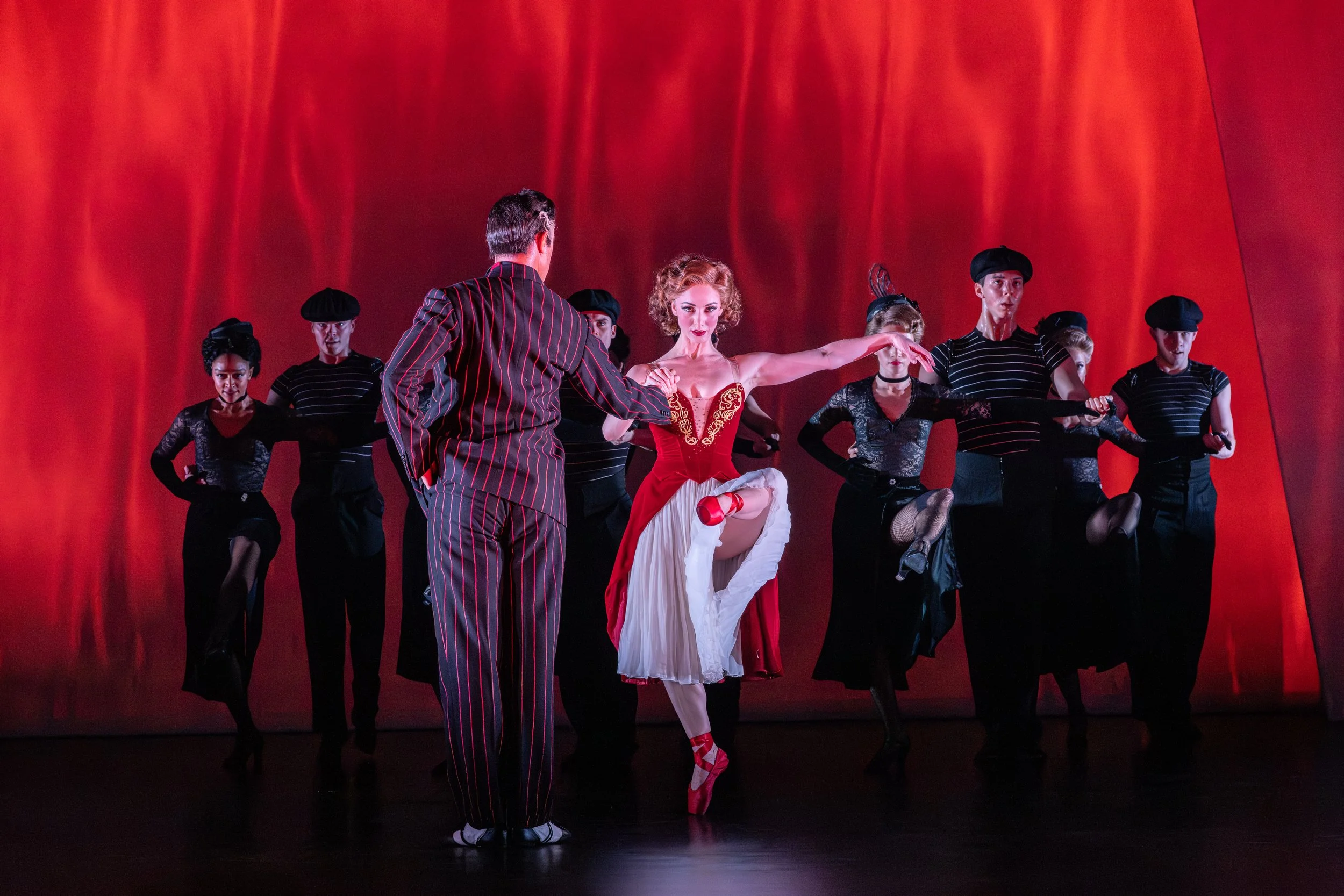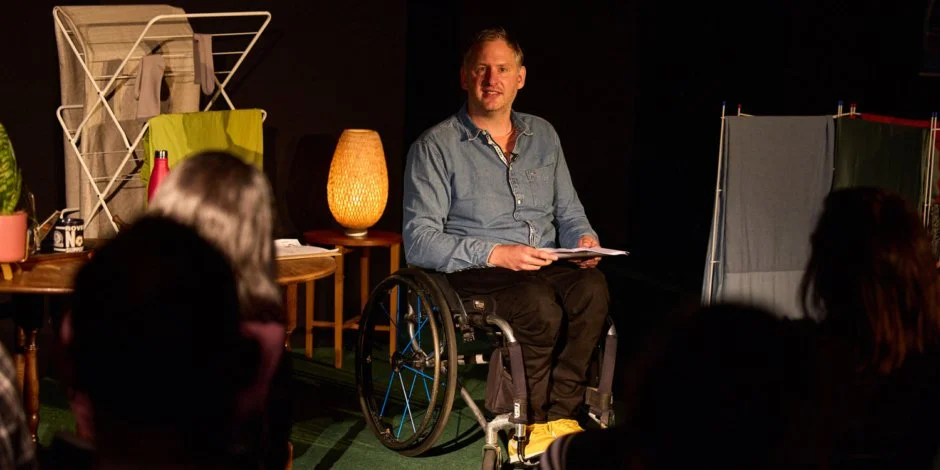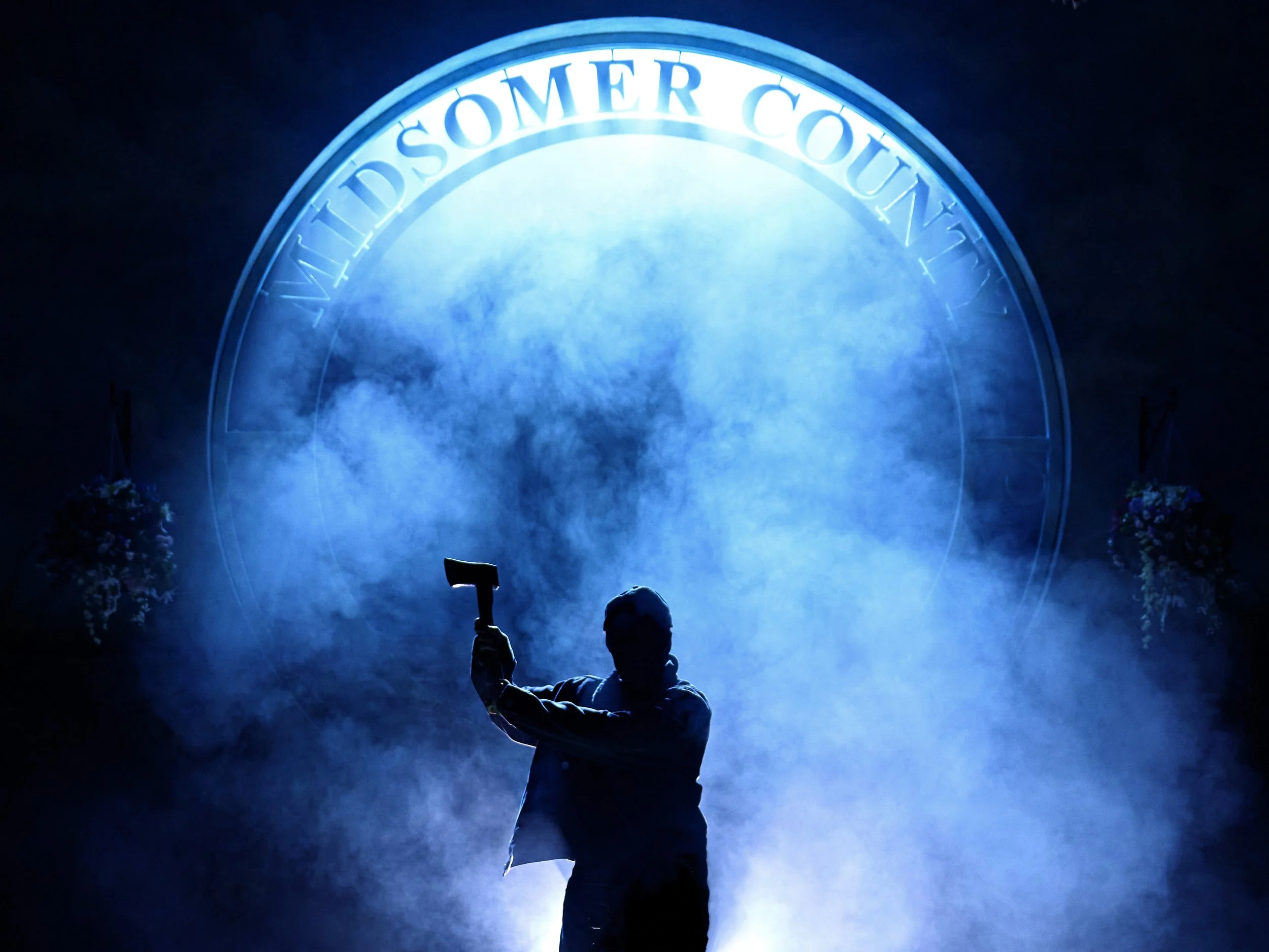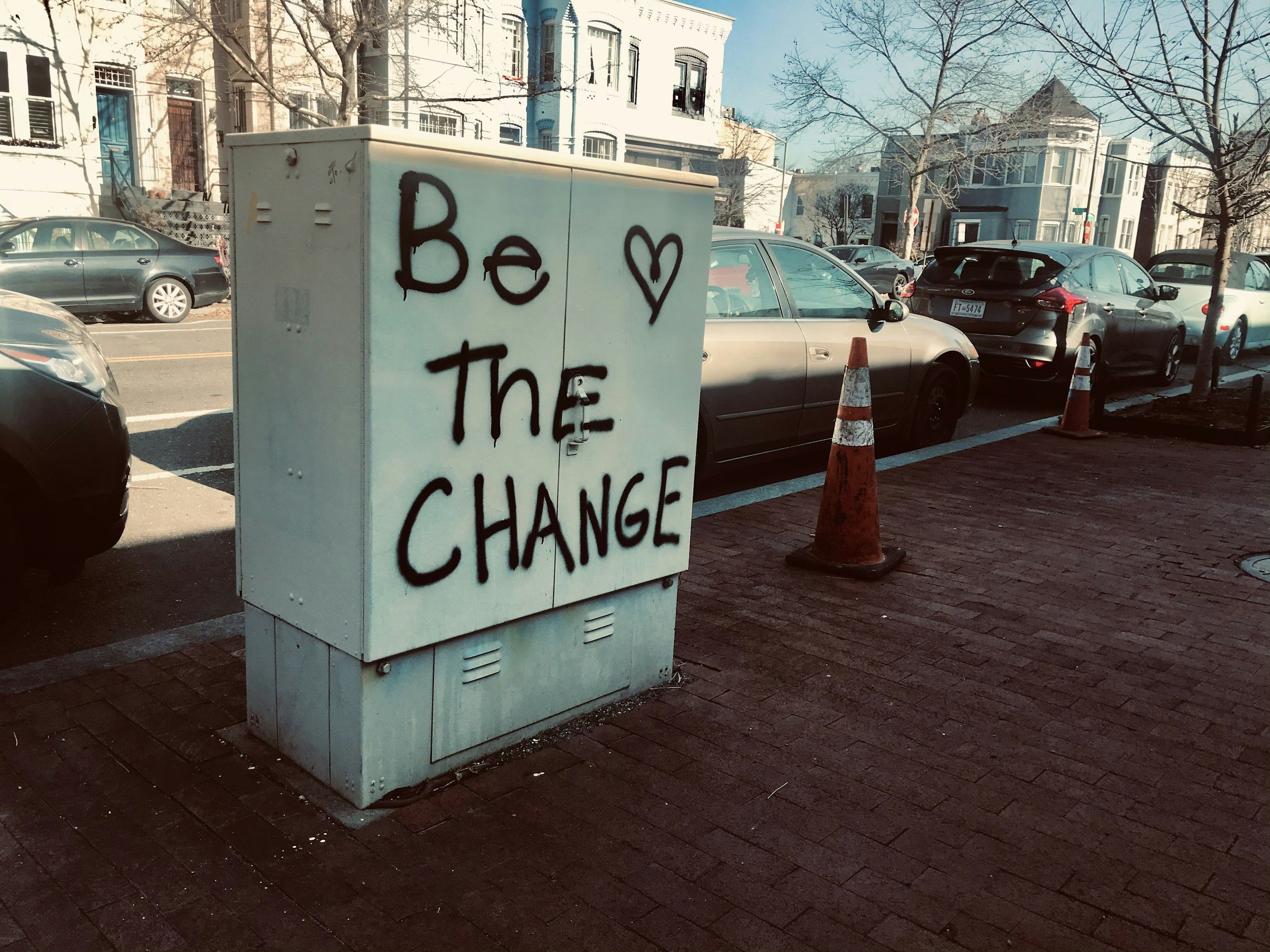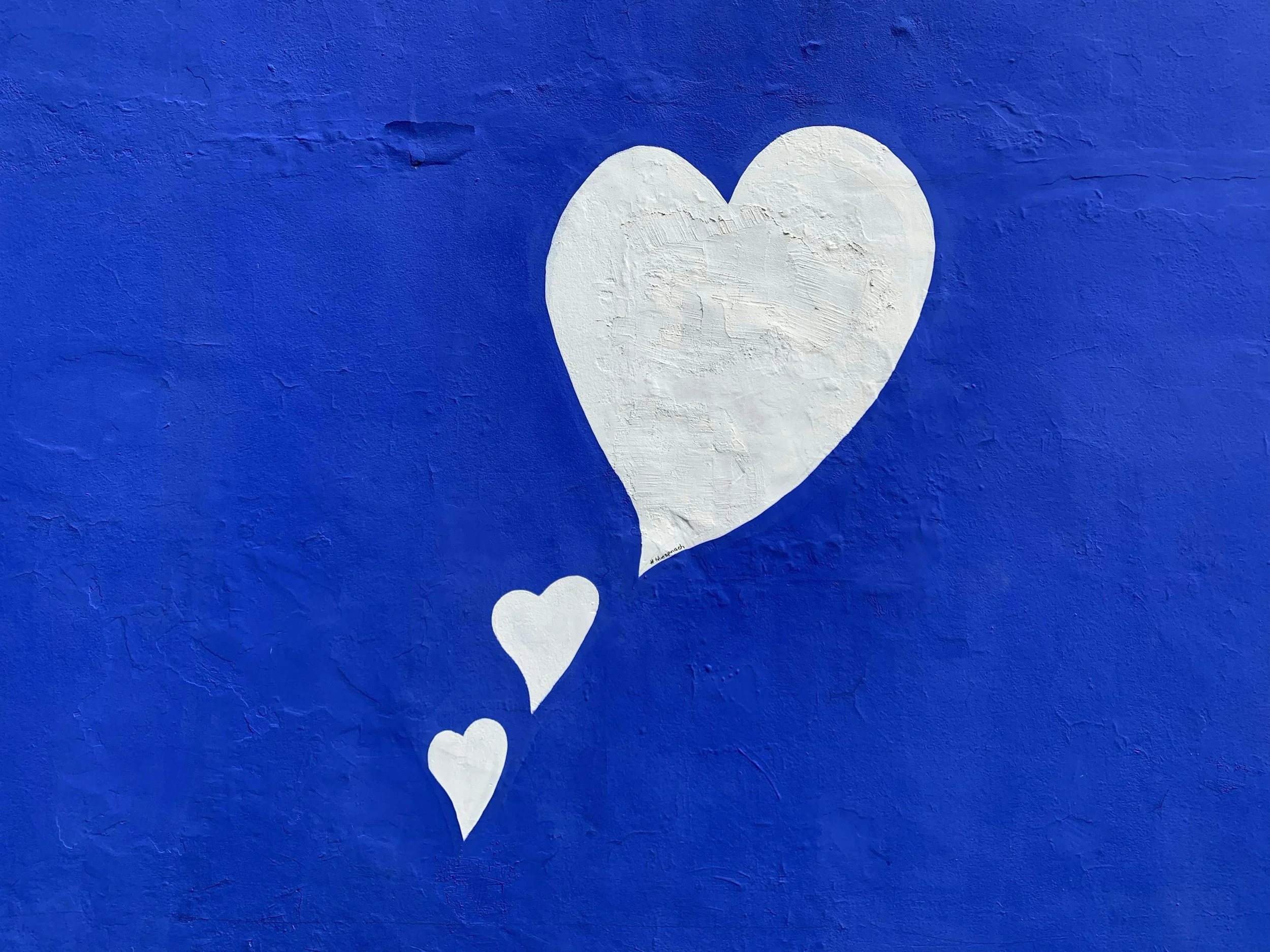A Women in Music Series: Artists Who Paved The Way - Nina Simone
Nina Simone is one of the most celebrated jazz soul artists of the 60s, using her art as a means for fighting for social and political change. During her career Simone raised awareness illustrating the power artists can have in evoking change. A prolific member of the Civil Rights Movement Simone paved the way for artists of today.
A Brief History
Nina Simone, real name Eunice Kathleen Waymon, grew up in Tryon, North Carolina in the 1930s. Despite her family’s money struggles Simone was consistently supported in her pursuit of becoming a concert pianist. From a young age, with the help of two villagers who recognised her talent in their local church, Simone trained for hours every day, honing her skill.
Simone recollects in her autobiography I Put a Spell on You that it was at this church where she first experienced racism at only 12 years of age, during her debut performance. Simone's parents were prohibited to sit in the front row to watch their daughter play due to their race.
Simone recounts that she was outraged and refused to play until her parents were seated at the front, this fierce bravery continued into Simone’s career.
Simone studied classical piano at Juilliard before applying for The Curtis Institute of Music at 19, however, she was rejected which Simone put down to racial discrimination.
The Curtis Institute eventually awarded Simone an Honorary degree 2 days before her death.
In the Netflix documentary What happened Miss Simone? Friends and family of Simones said this rejection planted the seed which would grow to see Simone as a poignant member of the Civil Rights Movement.
After this Nina began performing piano at an Atlantic Nightclub, a defining point in her career as a jazz and soul vocalist. Simone who had never sung before was forced to as the owner threatened she would lose her evening slot if she only played piano. Thus the start of her career as a singer began.
Redefining Freedom Songs
Tammy L Kernodle argues in her essay “I Wish I Knew How It Would Feel to Be Free”: Nina Simone and the Redefining of the Freedom Song of the 1960s, Simone played a key role in the development of freedom songs which were originally church-based gospel call and response to Northern Urban soul protest songs when she wrote Mississippi Goddam in the mid-60s.
Simone recounts in her autobiography that she wrote Mississippi Goddam after a racist attack in Mississippi which killed 3 school children in Mississippi in a church. This song not only showed Simones frustration but also reflected the social shift occurring within the Civil Rights Movement and demonstrations.
Despite the monumental impact Simone had, on the development of protest songs and influencing artists of today. Historians of the 60s and 70s seldom celebrated Simones cultural and historical impact.
Ruth Feldstien highlights in her essay;“I Don’t Trust You Anymore”: Nina Simone and Black Activism in the 1960s. Simone was not seen as a respectable enough candidate to be documented for her civil rights activism, due to her interlacing of gender and race equality and struggles with mental health.
Cultural Impact
Simone’s bravery, strength and resilience transcended long into her career. Despite risks of not booking gigs which occurred frequently due to her tracklist which consisted of protest songs (To Be Young Gifted and Black, Strange Fruit, Mississippi Goddam and Backlash Blues) which she always insisted on playing.
Simones ability to cover multiple genres including folk, enabled her to reach a wide audience educating and spreading awareness of racial injustices occurring daily. Through her music and interviews Simone made a space for social and political conversations to occur.
Despite Simone’s courageous Civil Rights work and technical brilliance behind the piano and microphone, the media during the end of her career tended to focus on Nina’s mental health and occasionally unpredictable behaviour (Simone was diagnosed with bipolar disorder and PTSD in the late 1980s).
This in my eyes is an acute injustice to a woman who fiercely fought for equality. In particular the Netflix documentary What Happened Simone? Depicts an unbalanced portrayal of Simones brilliance. Tanya Steel sums this up perfectly in her article The Irresponsibility of ‘What Happened Miss Simone?’ for IndieWire:
“Nina Simone was a child prodigy. Yes, mental illness is part of her legacy, but there is another aspect to her, her process, her heart, her insight. Think about it, this sensitive soul felt and conveyed in music, the trauma of the Black experience. She lived through the hate the culture exacted on Black America AFTER experiencing extreme abuse. Her story is the story of many Black women who are brilliant, freedom fighters.”
Ruth Feldstein argues in her essay “I Don’t Trust You Anymore”: Nina Simone and Black Activism in the 1960s that Louis Armstrong and other famous male jazz artists who were also known for their hostile attitudes, alienation and outright rudeness were celebrated in the media for being unorthodox geniuses.
Yet when Simone behaved in a similar way to these artists she was depicted as volatile and mean rather than an artist with high standards. In turn putting Simone in the long list of ‘unstable’ female celebrities rather than a member of an exclusive club of male artists.
Simones direct, musically rich and defiant protest songs came to redefine freedom songs, playing a huge role in the civil rights movement progression.The explicit, fearless lyrics accompanied by diverse musical choices enabled Simone to reach a variety of audiences.
Simones defiance to continue performing these songs in order to promote equality has inspired subsequent artists to use their art as a platform and tool for social and political change. Evident in Beyonce's HomeComing documentary, where we can hear Simone’s voice in the opening.
Help us keep the City Girl Network running by supporting us via Patreon for the price of a cheap cup of coffee- just £2 a month. For £3 a month you can also get yourself a Patreon exclusive 10% off any of our ticketed events! You can also support us by following us on Instagram, and by joining our City Girl Network (city-wide) Facebook group.
Written by Bronwen Latham




